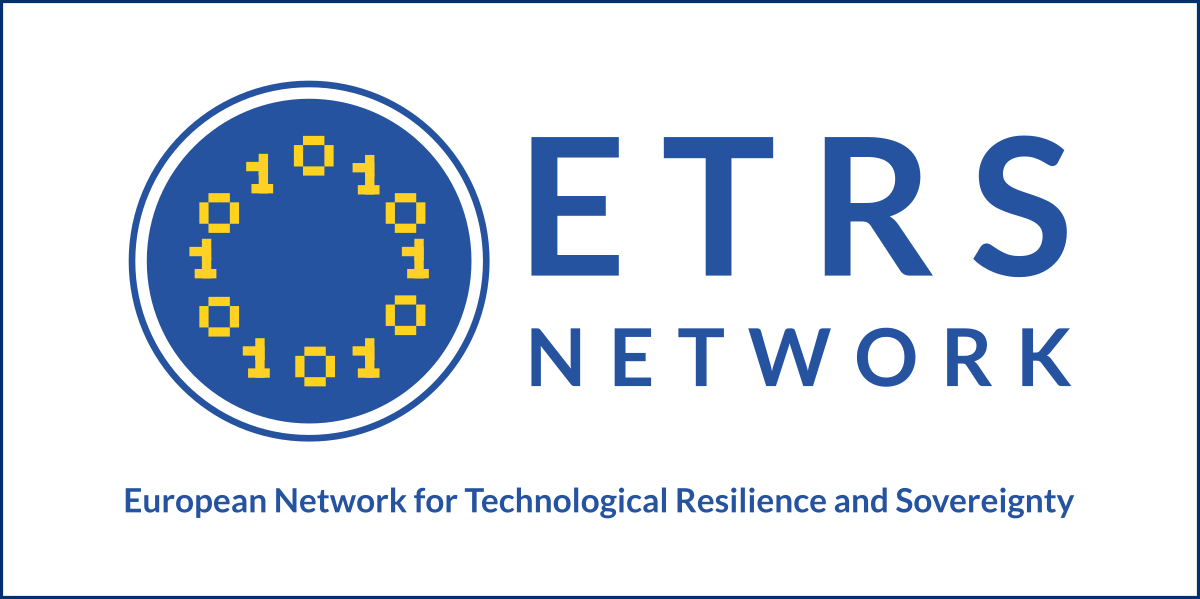Google says its new Quantum Echoes algorithm runs 13,000 times faster than leading supercomputers, marking what it calls the first verifiable quantum result across different hardware. The breakthrough brings real-world use cases in medicine and materials science closer to feasibility.
Quantum Echoes is built to overcome a core limitation in today’s models: constrained memory that prevents long reasoning chains. The method uses structured world models to maintain a single research goal while processing tens of millions of tokens across multiple agent runs.
Powered by the Willow quantum chip, the system reads thousands of scientific papers and executes tens of thousands of lines of analysis code in a single run. Early estimates suggest one execution could match six months of human scientific labour.
Recent studies have shown that the algorithm reproduces known molecular findings and generates new insights using a technique likened to a quantum molecular ruler. Results matched those of nuclear magnetic resonance techniques, indicating that quantum tools could reveal previously inaccessible structural detail.
Experts still caution that practical quantum computing remains years away. Google faces competition from IBM, Microsoft, and Chinese labs, yet the company argues that Quantum Echoes proves its hardware and algorithms are converging toward usable scientific applications.
Would you like to learn more about AI, tech, and digital diplomacy? If so, ask our Diplo chatbot!










